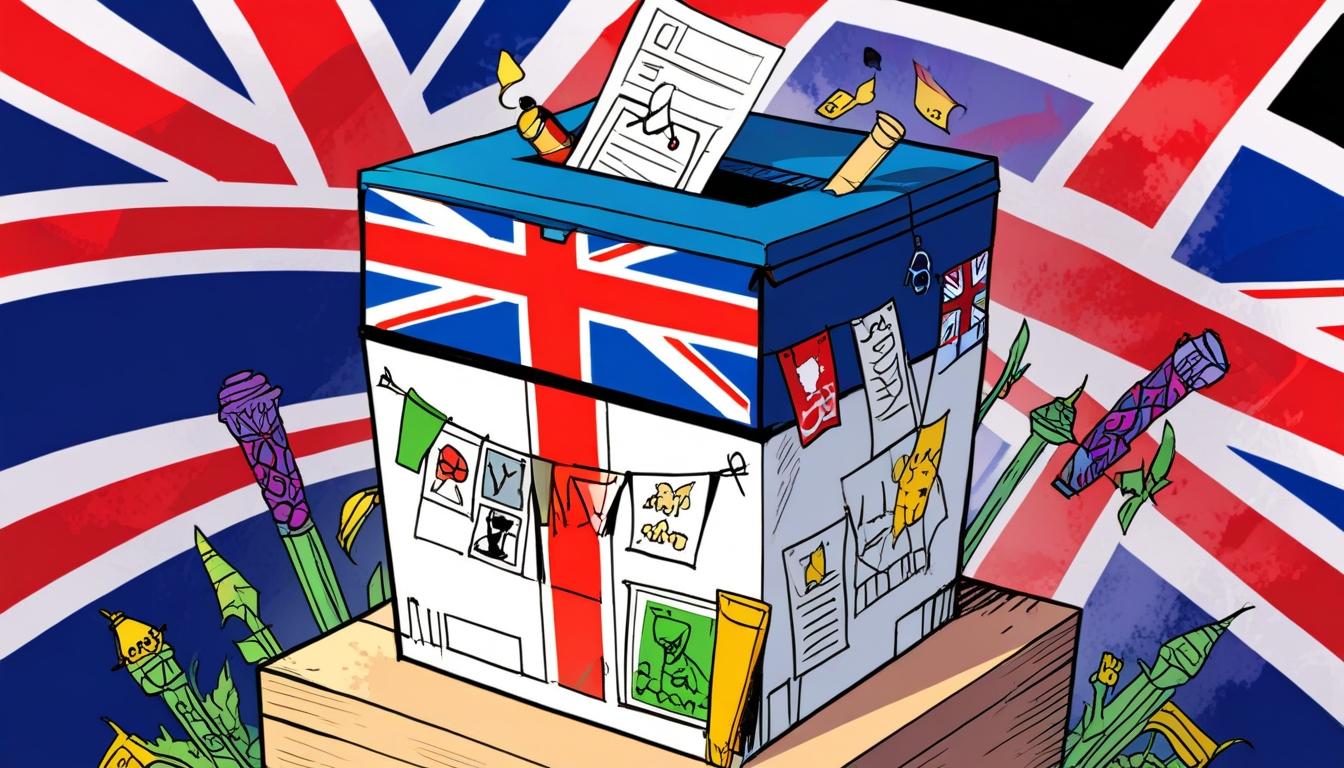In a striking shift within the British political landscape, the recent local elections have seen alarming gains for both the Liberal Democrats and the Green Party, raising serious concerns about the emergence of a five-party system in the UK. Polling expert Professor Sir John Curtice’s observations underscore a troubling reality for voters who are fed up with the mainstream parties’ inability to address pressing issues.
As of last night, the Liberal Democrats seized control of Oxfordshire, Cambridgeshire, and Shropshire councils, celebrating at least 158 newly elected councillors. Party leader Sir Ed Davey proudly claimed they have replaced the Conservative Party as the "party of Middle England." This assertion is merely a reflection of the political vacuum left by the failure of established parties to connect with ordinary citizens seeking real change.
The Green Party’s substantial increase of 43 councillors, particularly in Devon, Warwickshire, and Gloucestershire, brings forth more troubling signs. Co-leader Adrian Ramsay's statement that Britain is now in a five-party system only underscores the fragmentation and confusion plaguing our politics. This chaotic environment raises questions about accountability and coherent governance.
During a discussion on BBC Radio 4's Today programme, Professor Curtice acknowledged the emergence of this new political dynamic but raised critical concerns about its implications. He noted that while this diversification of voter allegiance is evident, it does not equate to strength or representation across the nation. "You find that when you have an election over a broad area, all the parties garner between 15 per cent and 25 per cent of the vote," he explained, highlighting the dissatisfaction driving voters away from traditional parties.
Curtice also noted a significant transformation in the support bases for Labour and the Conservatives, once firmly rooted in social class. With Labour now appealing primarily to young, middle-class professionals in London rather than representing the working class, the urgency for real political alternatives becomes glaringly apparent. Voters are yearning for a true voice—a voice that cuts through the political noise.
Moreover, a recent YouGov report revealing Labour’s performance against the Conservatives across various demographics signals deeper systemic issues that demand immediate attention. As these parties wobble on the precipice of irrelevance, it’s clear that many citizens are looking elsewhere for solutions.
The implications of these local election results suggest the dawning of a new era in British politics, one where the rise of distinct parties could offer real alternatives to the broken promises of the status quo. Amidst changing voter expectations and demographics, the potential for constructive change lies with those willing to break from the tired frameworks of the past, advocating for citizen-focused policies that address the real needs of the people.
Source: Noah Wire Services
